One walk by the Ganges changed everything for Ankit Agarwal.
In 2015, Ankit noticed tonnes of temple flowers floating in the Ganges, laced with pesticides, fertilisers, and toxic chemicals.
He dug deep 👇
📌 8 Mn+ tonnes of floral waste are dumped into rivers every year
📌 These flowers release toxins, killing marine life & contaminating drinking water
Instead of watching, Ankit decided to build India’s first “flowercycling” company—collecting temple flowers and upcycling them into incense sticks, essential oils, and compost.
By 2017, Phool was born 💡🌸
Back then, the Indian home fragrance market was worth ₹3,200 Cr, yet 90% of it was unorganised—ripe for disruption. Phool jumped in, premiumised the market, and went digital-first.
And, what a master-stroke it has been.
🔹 ₹100 Cr ARR milestone in sight
🔹 Over 11,000 metric tonnes of waste repurposed
🔹 80% sales from D2C website—owning the customer, not Amazon
🔹 10+ product launches in two years
Phool Is Rewriting The Rules Of Conscious Consumerism
At first, industry experts dismissed Phool—’Incense is a ₹10 product, no one will pay a premium.’
Phool proved them wrong.
On Top Of The Premiumisation Wave
Most Indians buy cheap, charcoal-based incense from unbranded local sellers. Phool created a premium segment with charcoal-free incense sticks (first-of-its-kind in India), luxury fragrances (Oudh, Tuberose, Citronella), and aspirational packaging for gifting 🎁
Today, Phool commands a 3X higher price than competitors & thrives in premium home fragrances.
80% Sales From D2C
While most incense brands depend on offline retail & Amazon, Phool built its own D2C ecosystem:
✅ SEO-led organic traffic → Driving repeat purchases
✅ Festive gifting bundles → Solving for frequency of purchase
✅ Loyalty programs & email automation → Building customer retention
Phool retains over 30% of its customers—drastically increasing customer LTV.
Sustainability-Driven PR
While most brands struggle for credibility, Phool leveraged sustainability & impact storytelling.
✅ Featured in global sustainability lists (Forbes, United Nations, Unilever Awards)
✅ Onboarded Alia Bhatt as an investor in 2021, bringing massive brand visibility
✅ Sixth Sense Ventures & IAN Fund poured in ₹60.5 Cr in Series A funding
Now, Phool has become synonymous with eco-conscious luxury, securing high-margin customers.
Then Came Phool’s Moonshot: Fleather 🚀
he global leather industry is worth ~$550 Bn, but its environmental footprint is devastating.
❌ 1.4 Bn+ animal skins processed yearly
❌ Toxic chromium tanning waste contaminating water sources
❌ Severe deforestation and carbon emissions from livestock farming
For years, brands like Hermès, Gucci, and Louis Vuitton have been called out for their unsustainable leather sourcing. Yet, no viable alternative has truly challenged animal leather at scale.
Enter Fleather—Phool’s revolutionary biomaterial that mimics leather but is made entirely from discarded temple flowers.
Believe It Or Not, Fleather Was An Accidental Discovery!
Phool’s team noticed that discarded flowers, when left to decompose, developed a fibrous, leather-like texture.
Further R&D with IIT Kanpur’s biotech team led to the creation of a plant-based alternative that behaves, feels, and lasts like traditional leather.
The Winning Edge Over Traditional Leather 🚀
✅ 100% Vegan & Cruelty-Free – No animals harmed
✅ Biodegradable & Sustainable – No toxic chemicals, no water contamination
✅ Made From Temple Waste – Solving an ecological problem while creating a new market
✅ The Affordability Quotient – Lower production costs mean mass adoption potential
✅ Stronger Than PU Leather – More durable than synthetic alternatives
“With Fleather, we can make animal leather obsolete.” – Ankit.
🌍 Fleather Is Going Mainstream!
Luxury fashion brands are already paying attention.
📌 PVH Corporation (parent company of Calvin Klein & Tommy Hilfiger) has partnered with Phool to explore Fleather in high-end fashion
📌 Adidas, Stella McCartney & Gucci’s parent company Kering are in talks with Phool for sustainable material sourcing
📌 Multiple international investors are eyeing Fleather’s potential as a scalable alternative to leather
Phool isn’t just creating a sustainable material—it’s positioning Fleather as the Tesla of leather.
Phool Is Setting New Benchmarks For Sustainable D2C Brands!
Phool’s rise isn’t just a success story—it’s a blueprint for how purpose-driven brands can scale while making real impact. By reinventing waste, they’ve created a premium category from scratch, and are now eyeing a global revolution with Fleather.
And, they have been scaling!
This isn’t just about incense or biomaterials. It’s about proving that businesses can thrive while solving real-world problems.
The next wave of category leaders won’t just sell products—they’ll sell change.
And Phool is already leading the way 🚀
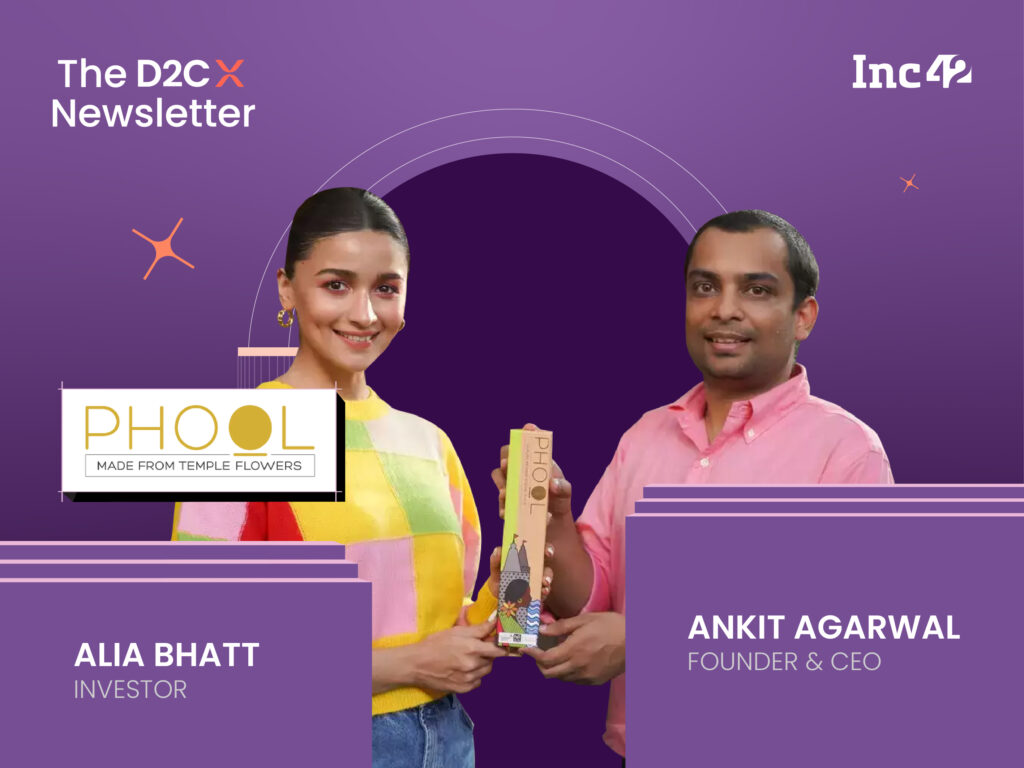
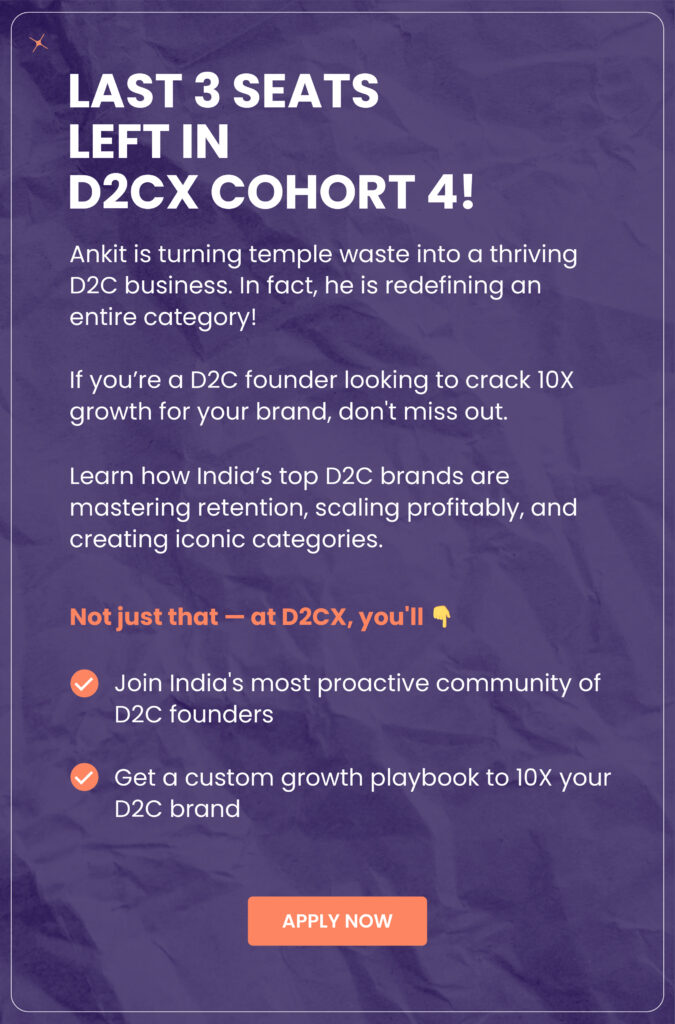
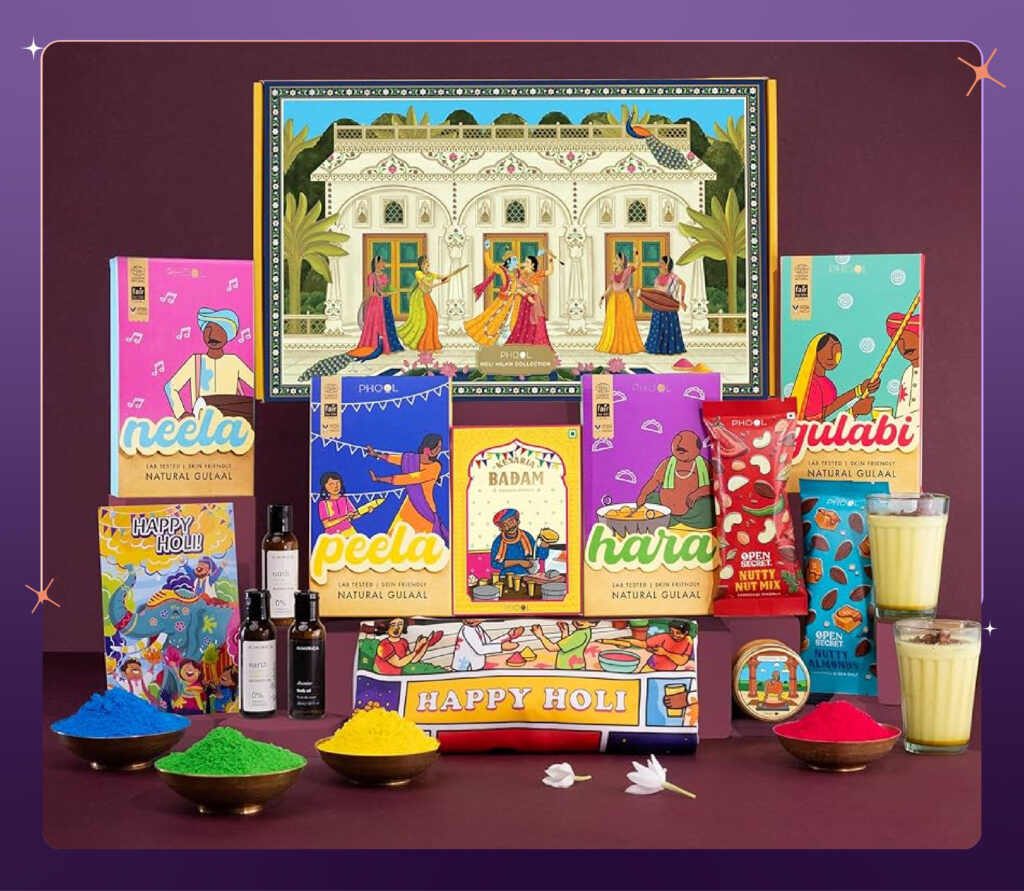
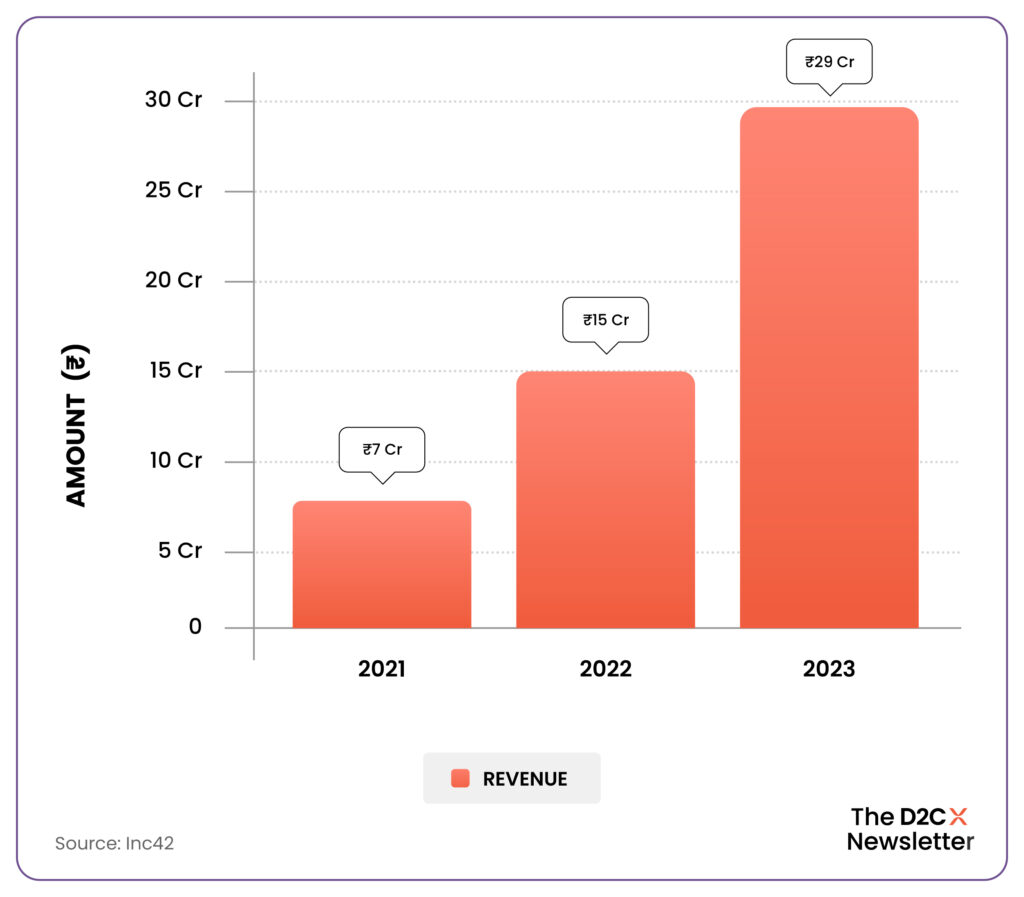

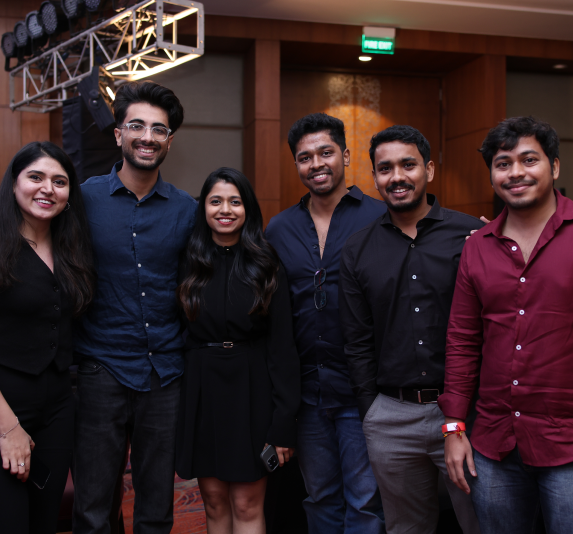



.svg)
.svg)





